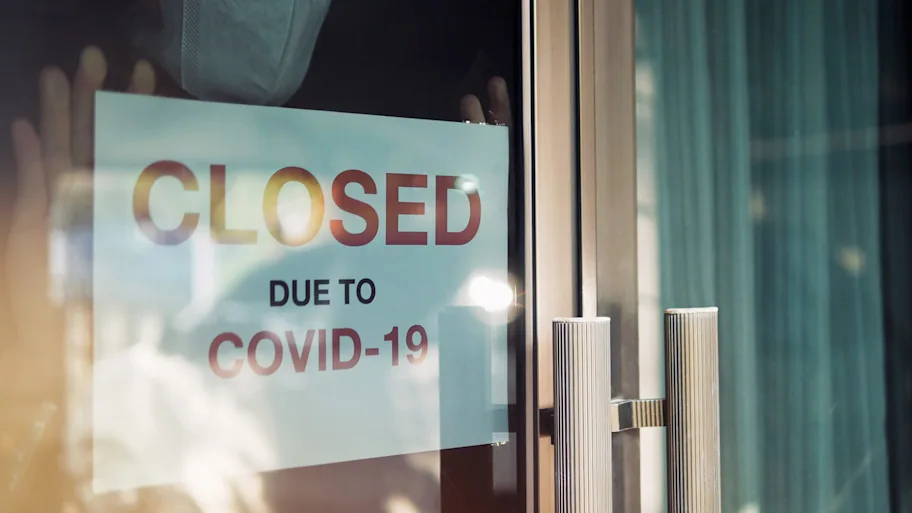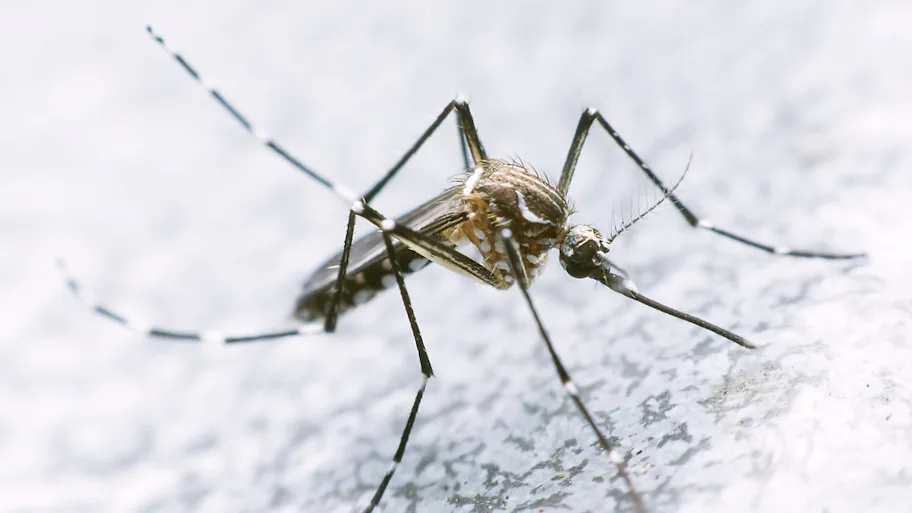
- Science news
- Featured news
- Mass vaccinations will not prevent Ebola virus outbreaks
Mass vaccinations will not prevent Ebola virus outbreaks

In the critical phases of many Ebola virus outbreaks, the average infected individual infects four or more other people, which enables the virus to spread rapidly. Image: Shutterstock
The necessary vaccination rate to achieve herd immunity is not yet possible — meaning that control of Ebola outbreaks will depend on surveillance and the isolation of cases for the foreseeable future.
— University of Kent
Prophylactic mass vaccination programs are not a realistic option in the battle to prevent new Ebola virus outbreaks, concludes a study published in Frontiers in Immunology. The findings come as a new Ebola virus outbreak continues in the Democratic Republic of Congo.
The research team analyzed the prospects for various Ebola virus vaccines and found that, for the foreseeable future at least, Ebola virus outbreak control depends on surveillance and the isolation of cases.
The researchers’ analysis revealed that very high proportions of potentially affected populations would need to be protected by vaccination to establish herd immunity, i.e. the level of immunity that prevents virus transmission within a population.
The study identified that, in the critical phases of many Ebola virus outbreaks, the average infected individual infects four or more other people, which enables the virus to spread rapidly.
At this level, 80% of a population would need to be immunized to prevent outbreaks, even if a highly effective vaccine that protects 90% of individuals after vaccination was available.
Such vaccination rates are currently not achievable. In a vaccination trial during the West African Ebola virus epidemic, only 49% of individuals who had been in contact with Ebola virus patients could be vaccinated. Thirty-four per cent of contacts refused vaccination although they had been exposed to the disease.
Related news: Measles vaccine increases child survival beyond protecting against measles
There are currently no clinical vaccine candidates available that protect against all four human-pathogenic Ebola viruses. It also remains unclear, say the researchers led by Professor Martin Michaelis, of the University of Kent’s School of Biosciences, whether the available vaccine candidates provide the long-term protection that is required for the sort of prophylactic mass vaccination program that could prevent Ebola, which becomes repeatedly introduced into the human population from animal reservoirs.
A large vaccination program would also be costly and impractical, the study points out. Costs for current Ebola virus vaccine candidates are estimated to be in a range of US$ 15-20 per dose, with some 462 million people living in the areas affected by Ebola virus outbreaks, many of them in very remote rural areas.
In the absence of a realistic prophylactic mass vaccination program, the researchers conclude that clinical vaccine candidates will need to be focused on health care workers who are often involved in disease transmission, potentially in combination with the vaccination of patient contacts.
Original article: Herd Immunity to Ebolaviruses Is Not a Realistic Target for Current Vaccination Strategies
REPUBLISHING GUIDELINES: Open access and sharing research is part of Frontiers’ mission. Unless otherwise noted, you can republish articles posted in the Frontiers news blog — as long as you include a link back to the original research. Selling the articles is not allowed.






